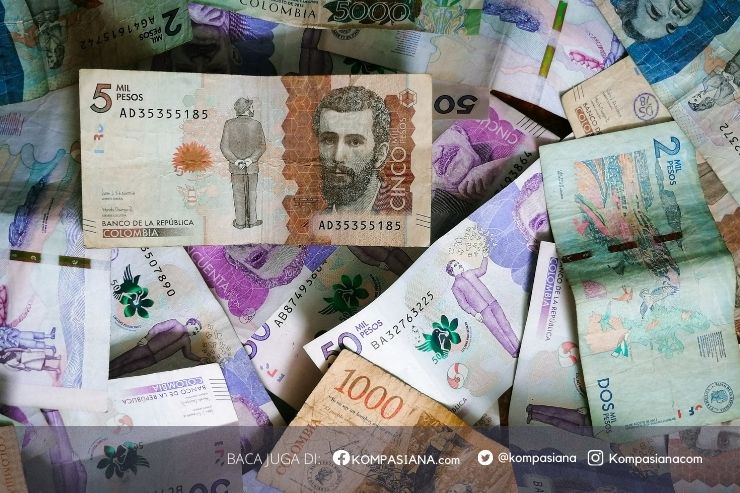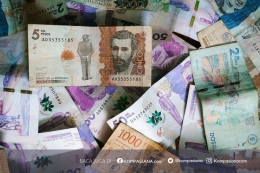The idea gained some currency as Jakarta then was desperately trying to stay afloat amidst mountains of foreign debts. Hanke even made an appearance in Jakarta to convince Soeharto’s economic technocrats, but to no avail.
The idea was flatly rejected. Indonesia instead turned to the IMF which prescribed a tough economic reform programs with a $40 billion price tag.
Indonesia swallowed the bitter pill and followed the IMF prescriptions almost to the letter, including the closure of 16 privately-owned banks, the winding down of food and energy subsidies, and the hiking of interest rates. Years later, many in the IMF admitted that some of the reform measures were unnecessarily harsh. The closure of the 16 banks, for example, triggered a run on other banks that only made the overall condition worse.
In retrospect, in spite of the mishaps and missteps, Indonesia came out of the crisis in a much better state. The banking system was solid enough for the country to weather the global financial crisis in 2008.
Indonesia not only recovered, but the economy grew so fast that the country has now joined the elite G20 of the 20 largest economies in the world.
Both the Indonesian and Argentinian experiences can provide some clues about which path Greece should take, particularly with regards to the future of its currency policy.
Here are some lessons to draw:
First, while the international bailout helps, economic recovery would not be automatic. Indonesia needed some years to recover from the crisis by building its economic competitiveness.
Second, unless Greece starts to address the problems of the the real economic sector, staying in the Euro zone would not bring about much change to the economy. From the Argentinian experience, it is clear that building the economic capacity is far more important than just changing currency.
Which path should Greece take in managing its currency? The Argentinian or the Indonesian way? The answer is probably much more complex than choosing between the two options.
What is clear from the experience of the two countries is that Greece should do focus in managing the competitiveness of its real economic sector.







